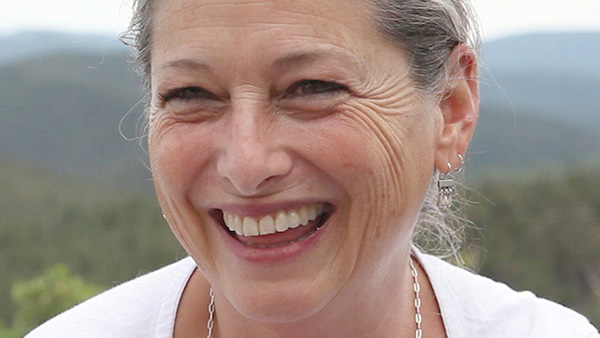Celebrating 15 years of community health worker training
June 18, 2025

Juliana Anastasoff, creator and director of the UNM-Taos Community Health Worker/Representative training program
Did you know UNM-Taos developed the first credit-bearing Community Health Worker/Representative (CHW/R) training program in New Mexico? The early UNM-Taos pilot in 2010 set the standards adopted by the state for its certification credential. The program was built and is directed by Juliana Anastasoff, who has more than 40 years of experience in the field. The program provides a comprehensive foundation in alignment with national public health workforce standards. The New Mexico Department of Health endorses it and confers eligibility for graduates to be certified as CHW/Rs in New Mexico.
Roughly defined as frontline public health workers, community health workers, and community health representatives (in tribal communities) play a vital role in improving healthcare outcomes, reducing health inequities, and ensuring access to care, especially for underserved populations. They are trusted members of the communities they serve. As public health professionals with lived experience, they support patients and communities in navigating and improving the healthcare system. They conduct community health assessments and engage in health promotion, disease prevention, and disease management education.
“It's that trusted relationship that allows [CHWs] to bridge critical cultural linguistic service gaps between health systems and nonprofit organizations, and the folks that those organizations intend to serve,” Anastasoff explained. “The scope of practice for community health workers is very, very broad. It ranges from prevention to disease management. So, it’s a program and a career path involving health education, health promotion, and health outreach to navigation and service coordination that's more focused on helping people get access to get from here to there, to advocate for them through systems, to help them access services. We also train community health workers to take what they learn on the ground into the street.”
In the end, health workers are essentially a strategy for achieving health equity, where the playing field is balanced so everybody has the same shot and opportunity.
UNM-Taos is excited to be celebrating 15 years of training CHW/Rs, where we have translated four decades of CHW/R on-the-job training into credit-bearing educational and career pathways in health and human service fields. We've heard loud and clear from both CHW/Rs and employers that they want their training hours to count towards academic and industry-recognized credentials that they can build upon across their working lives. Students who complete the program work as CHW/Rs, promotores de salud, health navigators, case managers, peer support workers, family advocates, home visitors, outreach workers, and many similar titles. These are rewarding careers that champion the well-being of our community.
